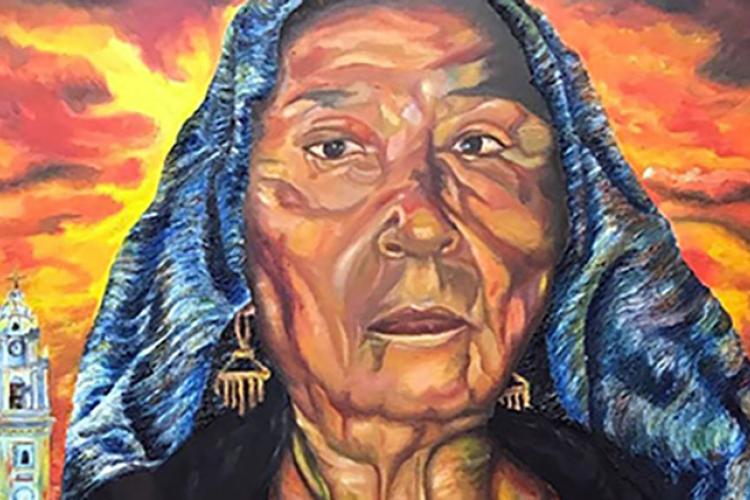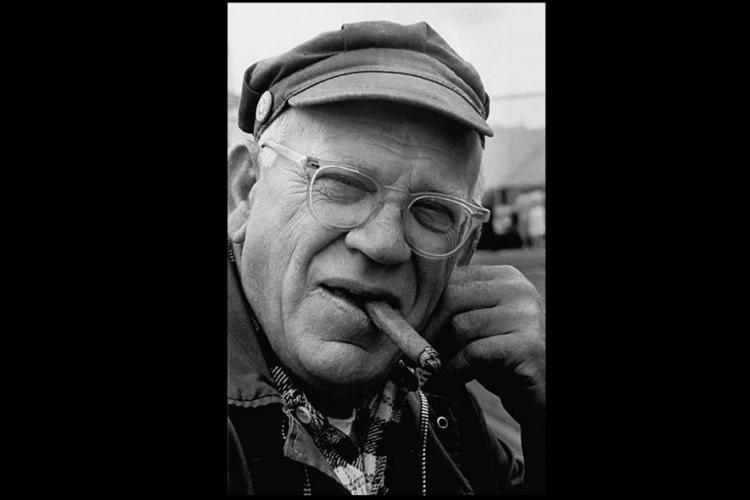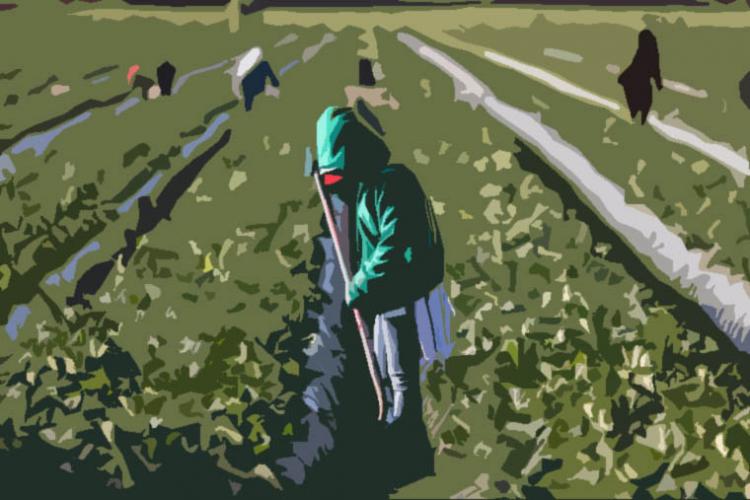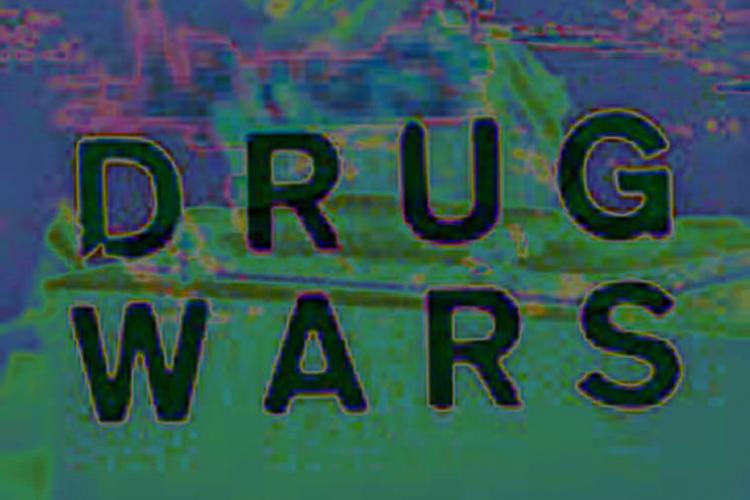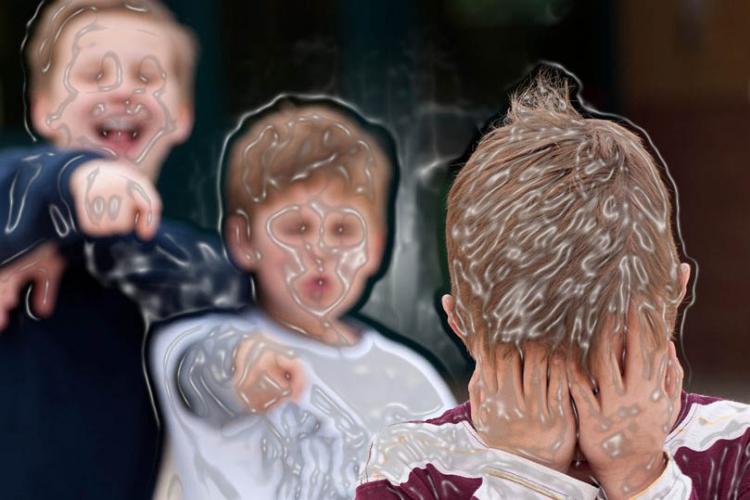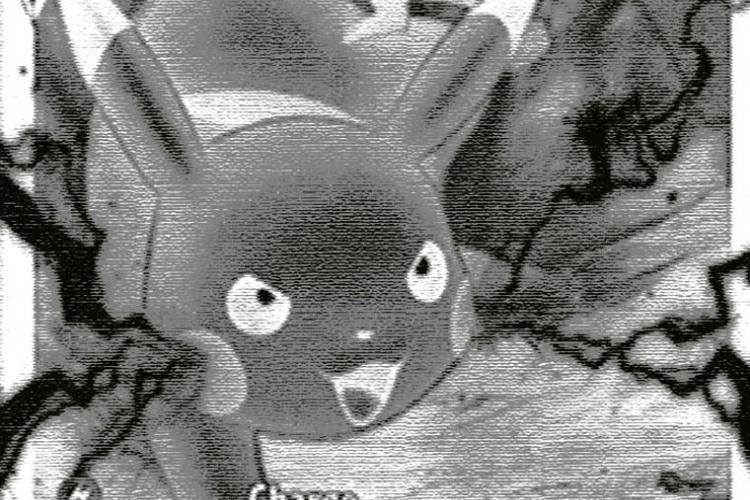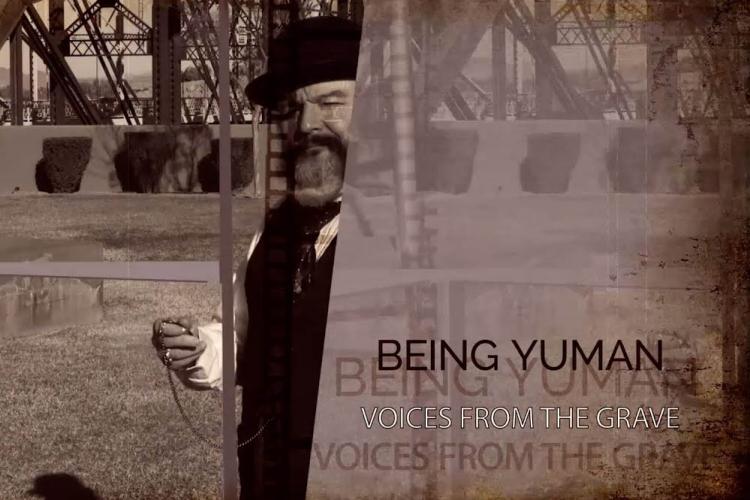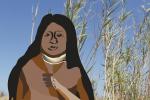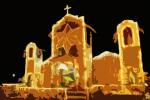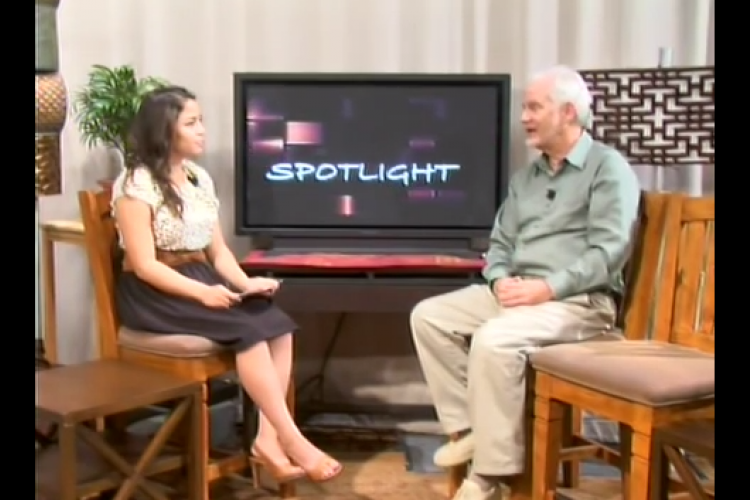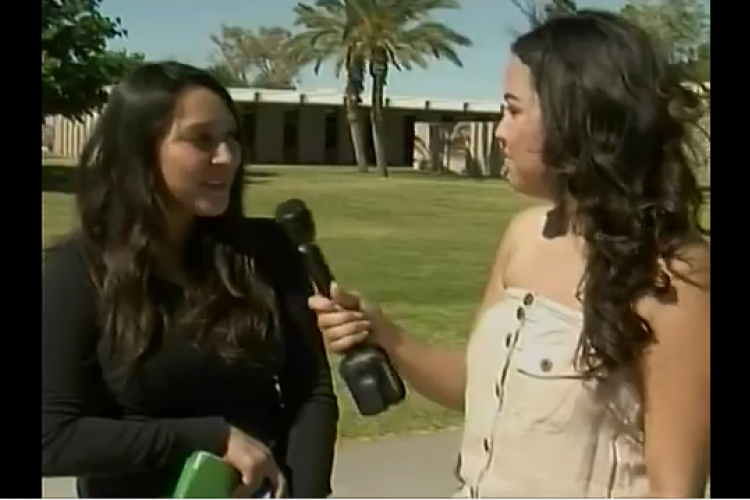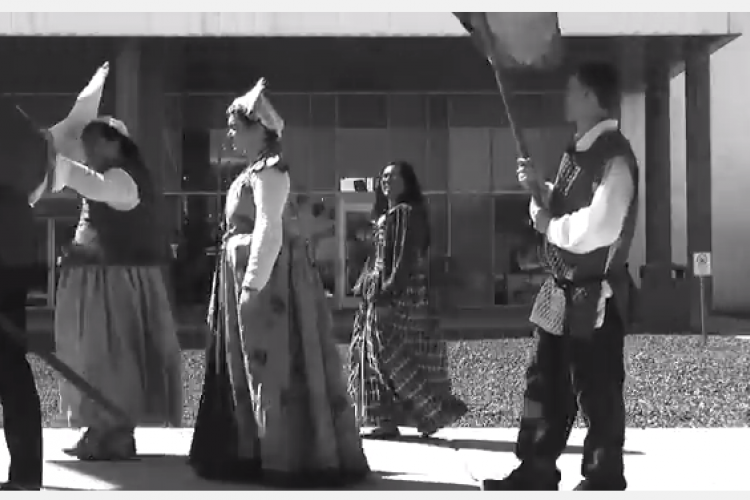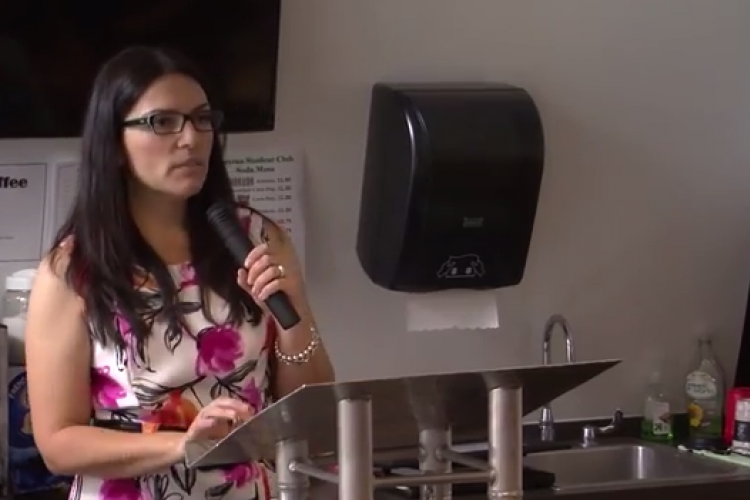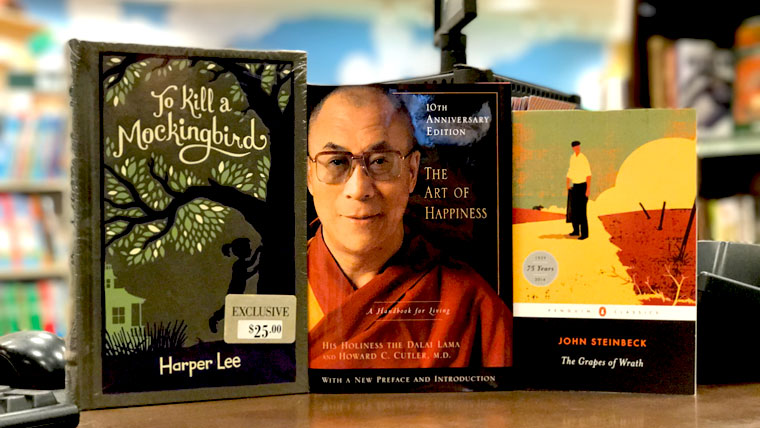
Expand your mind
After being force-fed the profound classics of literature, which never appeared even remotely relatable to the teenage mind, the modern college student might come to view reading as a tedious past time. As products of the visual age, Millennials are hindered by shorter attention spans. With a growing need for instant gratification, why read a book when it’s probably been made into a movie?
The Internet is filled with plenty of databases which summarize books, making reading almost unnecessary. Not to mention that making time for it in between scavenging social media and soaking up hours of more relatable reality TV is a strenuous task in itself.
But if one used that time to read, it could possibly be a mind-expanding exploit. It allows the brain to absorb information in a way that it wouldn’t otherwise. And if the writing does its job, the reader can be lured into pondering the book’s themes, and potentially changing her views.
I think people should look into their discipline and find material that will help them grow in their field,” says Administration of Justice Studies major Martha Aceves.
Delving into different readings on a subject allows the student to better understand its various topics and concepts. These allow the student to begin forming their own opinions.
In fact, many students and faculty members also suggest books outside of their discipline that will allow students to become well-rounded, to consider new ideas while expanding their own.
Some recent gems
Man’s Search for Meaning, by Viktor Frankl, is a Holocaust survivor’s memoir of his time spent in Nazi concentration camps and as a psychiatrist afterward.
“He focuses on answering the question, ‘What is the meaning of life,’” says Psychology Professor Melissa Behunin.
The narrative is a look at Frankl’s belief that life is about giving meaning to our suffering, purposeful work, love and courage.
The book, Intimate Relationships by Rowland S. Miller, is a required read for a sociology class the family studies major took. The book looks at the science of relationships, calling on different aspects of psychology and sociology while doing so.
“This book made me open a third eye,” says Natalie Gonzalez. “We’re around the age where we start getting in serious relationships, and sometimes it’s hard to understand or cope with them coming to an end, especially because we get so stressed overthinking things.”
When describing The Art of Happiness, by Howard Culter and the Dalai Lama, Communications Professor Aybuke Keehn says, “The series of interviews throughout this book with the Dalai Lama can help college students learn and understand how to attain fulfillment in their lives and start feeling happy.”
Keehn says the book discusses the idea of training the human outlook on life in order to reach happiness. Through a series of interviews with the Dalia Lama conducted by Cutler, achieving happiness is explained.
Discovering the classics
But even the old books that seemed unreadable in high school did have relatable themes, just not at the time. These books actually shed light on social and intrapersonal subjects that are still very relevant.
With recent spikes in media coverage, the social injustices presented in To Kill A Mockingbird seem just as relevant now as they did decades before.
“A relatively few years later, not much has changed for equality between blacks and whites,” says Psychology major Ely Gamboa.
Gamboa believes she can easily see the social barriers portrayed in the novel in the recent acts of racism by police officers.
The notions of Miyamoto Musashi’s nearly 400-year-old book The Book of Five Rings still helps shapes its readers’ thinking.
“The Book of Five Rings is a personal journey, and it changed the way I think about life choices,” says Political Science major Tyler Hodgin.
Written by an undefeated samurai, the book analyzes the struggle of overcoming conflicts using principles from Asian culture.
Yet the novel which has had some of the most applicable themes for me is John Steinbeck’s classic novel The Grapes of Wrath, which was suggested by English Professor Stephen Moore.
“The story is so relevant to what we experience in today’s world in terms of how those with power, wealth and influence abuse these at the expense of the working man,” says Moore.
An example of the contemporary application of a book like The Grapes of Wrath might our recent presidential election, in which a businessman ran on the platform of representing blue-collar Americans. But, again, why read a book when we could be watching reality TV?
Photo by Jamie Calento

